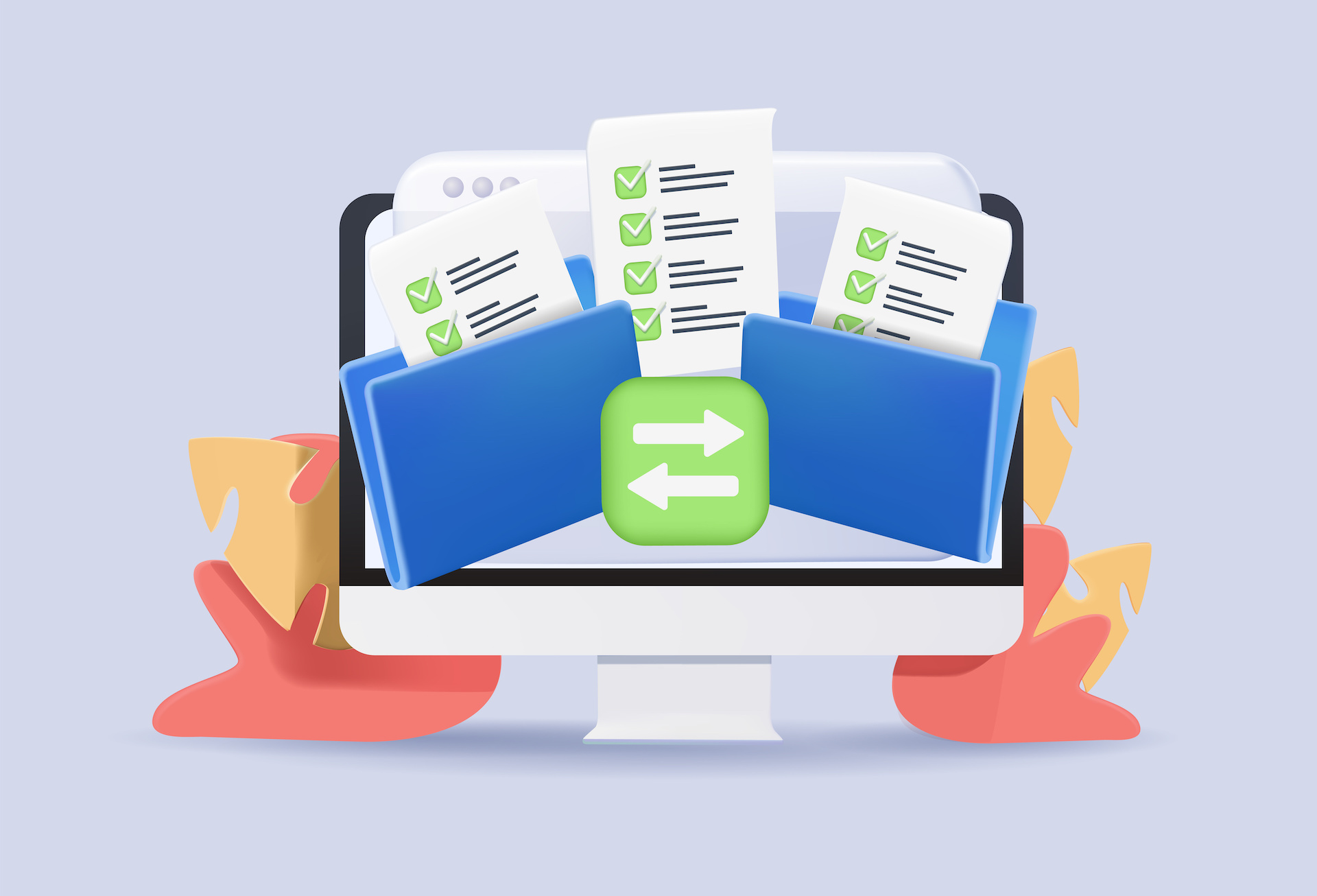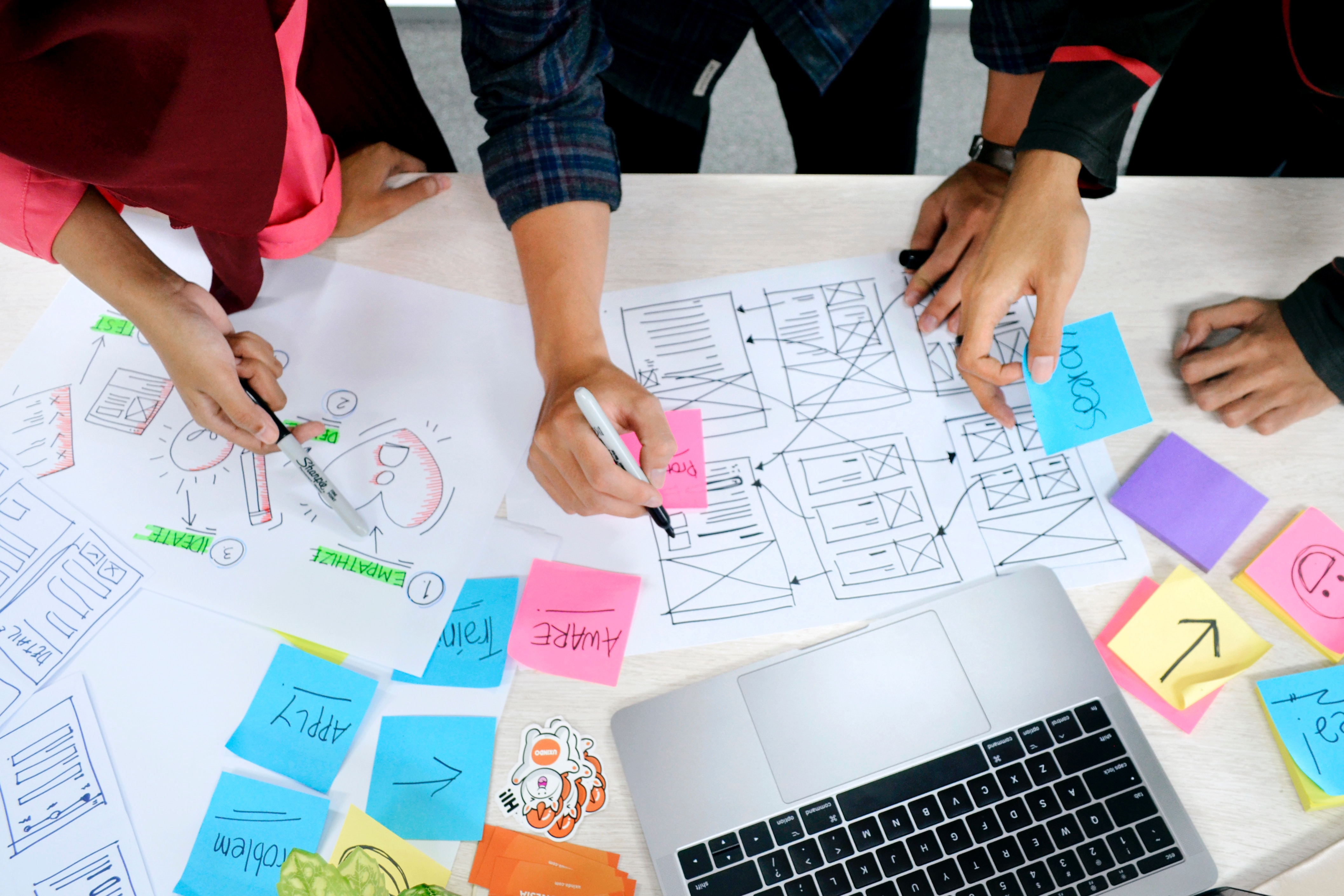Mastering Migration: Navigating the Transition from Magento to Adobe Commerce
Unlock a seamless transition while migrating from Magento to Adobe Commerce. Navigate challenges, embrace enhancements, and elevate your ecommerce store.
6 min read
 Tim Bucciarelli
:
June 14, 2023
Tim Bucciarelli
:
June 14, 2023

As a business grows and evolves, it may become necessary to transition to a new Magento developer or agency.
Whether you are dissatisfied with your current developer's performance or seeking specialized expertise, a seamless Magento developer transition is crucial to ensure the continuity of your e-commerce operations.
In this blog post, we will explore:
There could be many reasons why a company may want to make a transition. Here are just a few:
Companies often transition to a new developer or agency when their current provider lacks the specialized skills or expertise required to meet evolving business needs. This could involve advanced customization, integrating complex third-party systems, or implementing advanced performance optimization techniques.
If your current developer consistently fails to meet project deadlines, deliver expected results, or provide satisfactory support, it may be time to consider a transition. A lack of responsiveness, poor communication, or recurring technical issues can significantly impact your e-commerce success.
As your business grows, you may require additional resources, infrastructure upgrades, or innovative features. Transitioning to a developer or agency that specializes in scalability ensures you have the necessary support to accommodate your expanding business needs.
Your Magento eCommerce environment is an integral part of your omni-channel business success. Whether you use in-house, freelance, or agency developers to maintain and optimize your website, it is critical to ensure the stability and security of your code. This is especially true when transitioning from one development team to another.
While it is reasonable to expect professionally ethical practices in typical business dealings, it is wise to take precautions with your eCommerce code and infrastructure to avoid the risk of malicious actions against your business.
Each eCommerce platform implementation and code management will be somewhat unique. This checklist aims to provide the key areas of consideration when transitioning from one developer team to another. To do this, we use a hypothetical scenario where a business is using the Magento Open Source eCommerce platform, a Github code repository, and hosting infrastructure provided by AWS Cloud.
During a Magento developer transition, it is vital to maintain control over your website's credentials to avoid potential disruptions or vulnerabilities. Make sure to review:
Transitioning to a new developer presents an opportunity to strengthen your website's security. Follow these essential security precautions during the transition process:
A developer likely worked on several areas of your site and created custom code you should know about. Check:
Review your contract or agreement with the previous developer to understand your financial obligations. Pay attention to:
Ending a professional relationship with a developer should be handled with professionalism and courtesy, so:
Even if you have a trusted working relationship with your existing developer or development team, it is a best practice to do as much of the preparatory work first prior to making a transfer. When everything is ready, you should take the steps necessary to activate your new development team (and confirm all proper access) and disable access from your prior team. The closer these two events take place, the better. If you are at all concerned about reliability or trustworthiness of the departing developer(s), time is of the essence as is limiting communication of the schedule of transition events.
Transitioning to a new Magento developer or agency requires careful planning and consideration to ensure a seamless and secure process. Navigate the transition with confidence and set the stage for a successful partnership with your new developer with IronPlane.
Contact us today for a free consultation.
Q: What is the future of Magento?
A: With the release of Magento 2 and subsequent updates, the platform has showcased its commitment to remaining a leading e-commerce solution. Magento continues to evolve and adapt to meet the changing demands of online businesses. It offers a robust set of features, extensive customization options, and a scalable framework that caters to the needs of both small and enterprise-level companies.
The platform's focus on performance optimization, user experience, and security ensures that it remains competitive in the e-commerce landscape. Furthermore, Magento has a thriving community of developers and partners who contribute to its growth and offer innovative solutions.
Check out our Future of eCommerce post and Shaping eCommerce interviews for more input.
Q: What is a senior Magento developer?
A: A senior Magento developer is a highly skilled professional with extensive experience and expertise in working with the Magento e-commerce platform. They possess a deep understanding of Magento's architecture, modules, themes, and integrations.
Their role goes beyond basic development tasks as they are capable of providing technical guidance and leadership in complex projects. A senior Magento developer is proficient in PHP, MySQL, HTML, CSS, and JavaScript, with a strong understanding of web development best practices. They have a keen eye for detail and possess problem-solving abilities that enable them to tackle challenging issues.
With their experience, they can navigate the intricacies of customizing, optimizing, and maintaining Magento-based websites. At IronPlane, our eCommerce agency consists only of Magento developers with the expertise and strategic thinking to ensure successful project execution and deliver exceptional e-commerce solutions.
Q: Do people still use Magento?
A: Absolutely!
Despite the ever-evolving e-commerce landscape, Magento remains a popular and widely adopted platform. Many businesses, ranging from small enterprises to large corporations, continue to rely on Magento to power their online stores.
Its feature-rich nature, scalability, and flexibility make it a preferred choice for businesses seeking robust e-commerce solutions. Magento's extensive customization options allow businesses to tailor their online stores to their specific needs. Additionally, its strong ecosystem of extensions and integrations further enhances its capabilities.
Moreover, Magento's active community and continuous updates ensure that the platform remains relevant and competitive. With a solid user base and ongoing advancements, Magento continues to be a trusted and widely-used e-commerce platform.
Q: What skills does a Magento developer need?
A: A Magento developer requires a combination of technical expertise and problem-solving skills. Proficiency in PHP, MySQL, HTML, CSS, and JavaScript is essential. A deep understanding of the Magento platform, including its architecture, modules, themes, and APIs, is crucial.
Magento developers should be adept at developing custom modules, creating themes, and integrating extensions. They should possess knowledge of version control systems and have experience with debugging and troubleshooting.
Effective communication skills are valuable, as Magento developers often collaborate with stakeholders, project managers, and designers. Strong analytical thinking and problem-solving abilities enable them to address complex challenges. Additionally, staying up-to-date with the latest trends, best practices, and security measures is essential for a Magento developer to excel in their role and deliver high-quality e-commerce solutions.

Unlock a seamless transition while migrating from Magento to Adobe Commerce. Navigate challenges, embrace enhancements, and elevate your ecommerce store.

Unlock eCommerce success with a Magento 2 Certified Solution Specialist. Learn what skills and expertise they can bring to your online store.

Learn how to optimize the Magento user experience, from site navigation to performance, to category organization, to product details, to compelling copy.